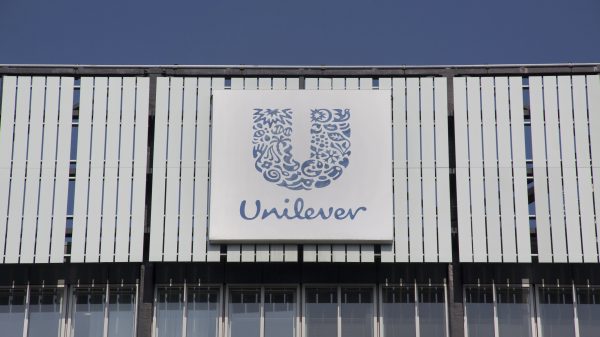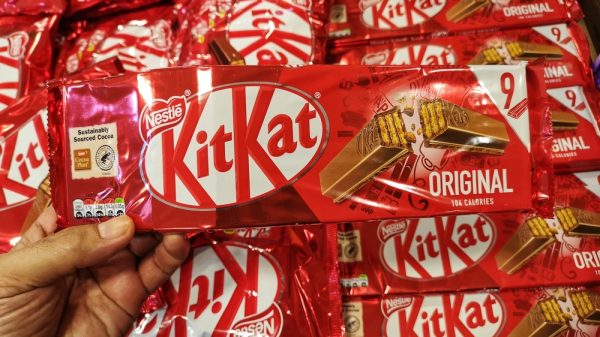One third of students are living on less than £50 a month, with some turning to food banks to cope with the cost-of-living crisis, according to a recent survey by the National Union of Students (NUS).
Speaking to 3,500 university students, the NUS found that 11% admitted to using food banks as they are unable to pay for their weekly food shop. This figure was up 5% since January 2022.
The survey also revealed one in five students struggle to pay for toiletries, while a further one in ten are unable to buy sanitary products when needed.
Financial concerns were having an impact on the mental health of 92% of those surveyed, with nearly half neglecting their physical health to save money.
READ MORE: Half of adults buying less food as cost of living continues to rise
The NUS is calling on the government to provide further help to students with cost-of-living support packages and to increase the funding on student maintenance loans in line with the living wage.
This comes as only 8% felt that the government was doing enough to support them, while 83% had found financial help through credit cards, buy-now-pay-later schemes or bank loans.
Over half (53%) had also asked friends and family for additional support with current maintenance loans not being enough to cover everyday living expenses including food shops, travel or bills.
“Huge increases in the price of bills, food and living costs coupled with soaring rent has students on the brink,” an NUS spokesperson said.
“We’re hearing from students struggling to get by, who can’t afford to do their laundry and are cutting back on showers to make ends meet. They can’t even cover the cost of getting to the library or classes.”
“This is having a severe impact on their mental health, being kept awake at night due to finances. We’re seeing stress and anxiety piling on them from bouncing debt between different cards to stay afloat.”
“Despite all of this, students are being completely ignored by the government. These findings are bleak; we’re knee deep in a cost-of-learning crisis that will affect the poorest students the hardest.”
Click here to sign up to Grocery Gazette’s free daily email newsletter










